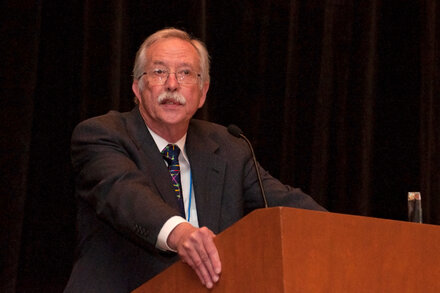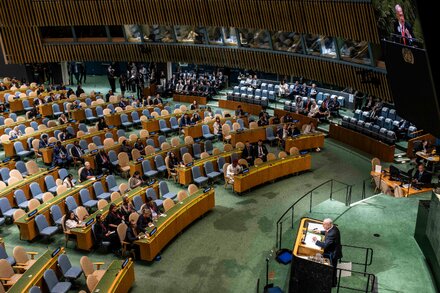As the conflict in Gaza enters a new, protracted phase, diplomatic circles and international bodies are actively exploring a range of novel proposals aimed at bringing an end to hostilities and establishing a stable governance structure for the territory. These emerging ideas reflect a growing consensus on the need for long-term solutions that address both immediate security concerns and the broader political aspirations of Palestinians.
Discussions among key international actors, including the United States, European Union, and several Arab states, are reportedly focusing on multifaceted plans that combine a demilitarized Gaza with an internationally supported, Palestinian-led administration. The urgency for such frameworks has intensified as humanitarian conditions remain dire and the prospects for a lasting peace appear increasingly complex.
International Mediation Efforts Intensify
Sources close to ongoing negotiations indicate that various frameworks are being examined to bridge the significant gaps between the primary parties. One senior U.S. diplomat, speaking on condition of anonymity, emphasized the imperative for a durable political horizon.
“We are working tirelessly with all partners to identify a credible pathway forward, one that secures Israel and provides the Palestinian people with dignity and self-determination,” the diplomat stated. “This requires bold new thinking on security, reconstruction, and, critically, who governs Gaza after the fighting stops.”
Regional powers, particularly Egypt and Saudi Arabia, are also playing a pivotal role in shaping these discussions, advocating for plans that integrate Gaza’s future into a broader regional stability initiative.
Competing Visions for Governance
The question of post-conflict governance remains one of the most contentious issues. Several options are reportedly on the table:
-
Reformed Palestinian Authority (PA): A revitalized and internationally backed Palestinian Authority taking administrative control, potentially with a transitional period overseen by an international consortium.
-
Technocratic Administration: An interim, non-political body composed of Palestinian technocrats, supported by international funding and expertise, tasked with reconstruction and preparing for future elections.
-
Multi-National Force: The deployment of a multi-national security force, possibly under a UN mandate, to ensure demilitarization and provide security during a transitional period, as advocated by some European and Arab states.
Israeli officials have consistently reiterated their primary security concerns. An Israeli government spokesperson, addressing the emerging proposals, recently commented,
“Any plan for Gaza must unequivocally guarantee Israel’s security and prevent any resurgence of terrorist threats. We will not tolerate a vacuum that could be exploited by hostile elements.”
Conversely, Palestinian Authority officials have stressed the importance of national unity and sovereignty.
“Gaza is an integral part of the Palestinian state, and its governance must ultimately be in Palestinian hands, free from occupation,” a PA official in Ramallah affirmed. “Any interim arrangement must lead directly to a sovereign, independent Palestinian authority across all territories.”
Security Frameworks Under Discussion
Beyond governance, new security architectures are being debated. These include proposals for robust border monitoring by international forces, extensive demilitarization protocols for Gaza, and specialized training programs for a reformed Palestinian security apparatus. The possibility of a demilitarized zone along Gaza’s borders, supervised by third-party observers, has also gained traction in some diplomatic circles.
Challenges Ahead
Despite the flurry of new ideas, significant hurdles remain. Deep distrust between the Israeli and Palestinian sides, internal divisions within Palestinian leadership, and the immense financial cost of reconstruction are among the primary challenges. Furthermore, ensuring that any proposed solution does not simply postpone but genuinely resolves the underlying political grievances remains paramount for its long-term viability.
The coming months are expected to see intensified diplomatic efforts as international stakeholders attempt to coalesce around a unified, actionable plan for Gaza’s future, hoping to transition from conflict to a period of stability and reconstruction.
Source: Read the original article here.





